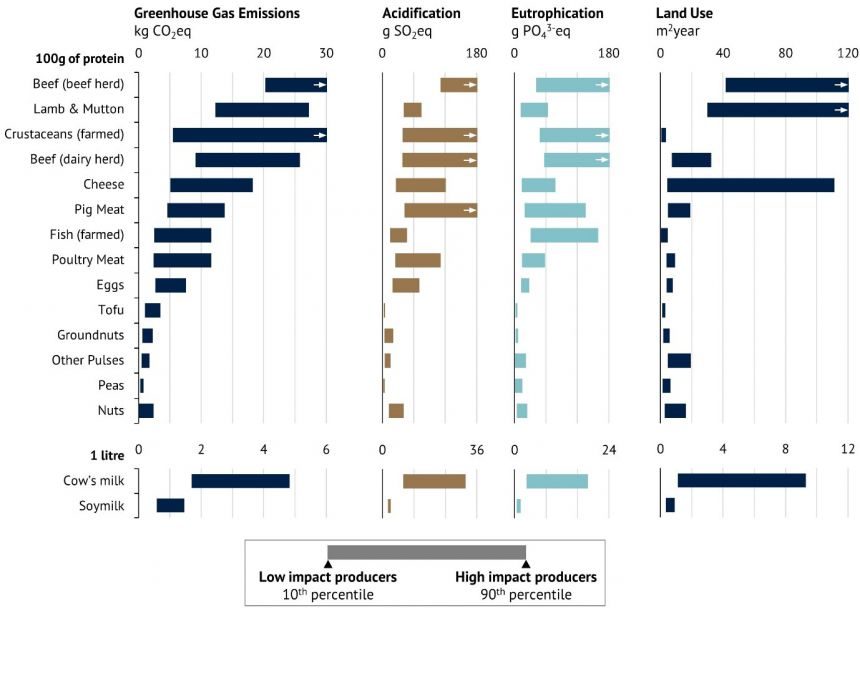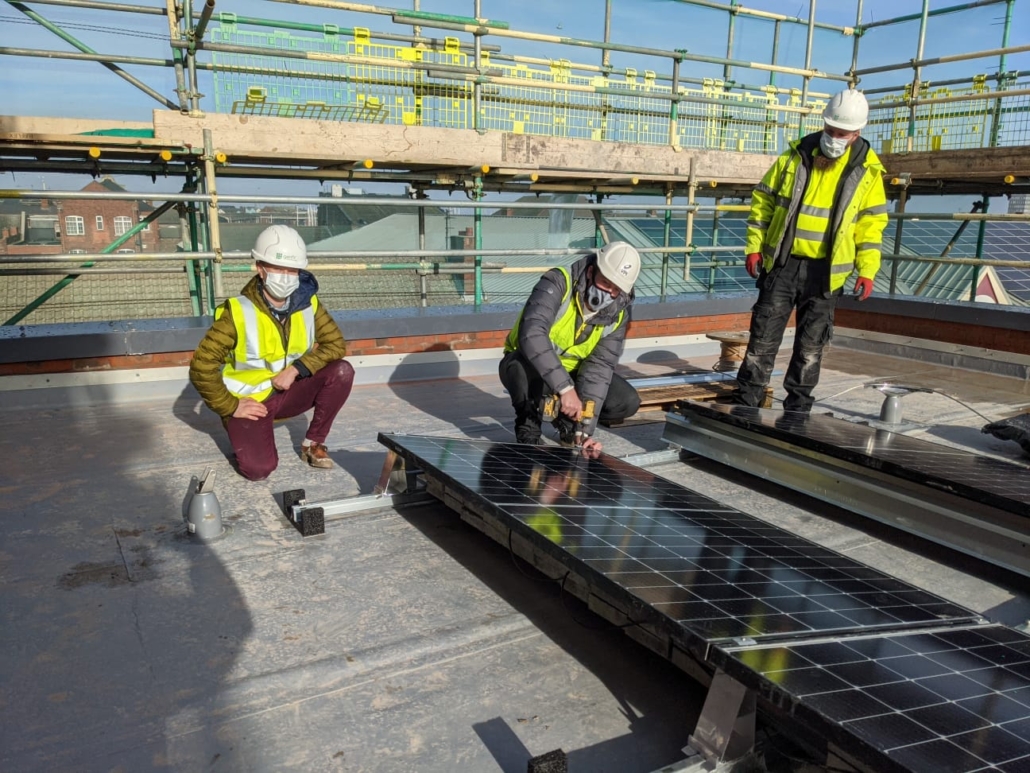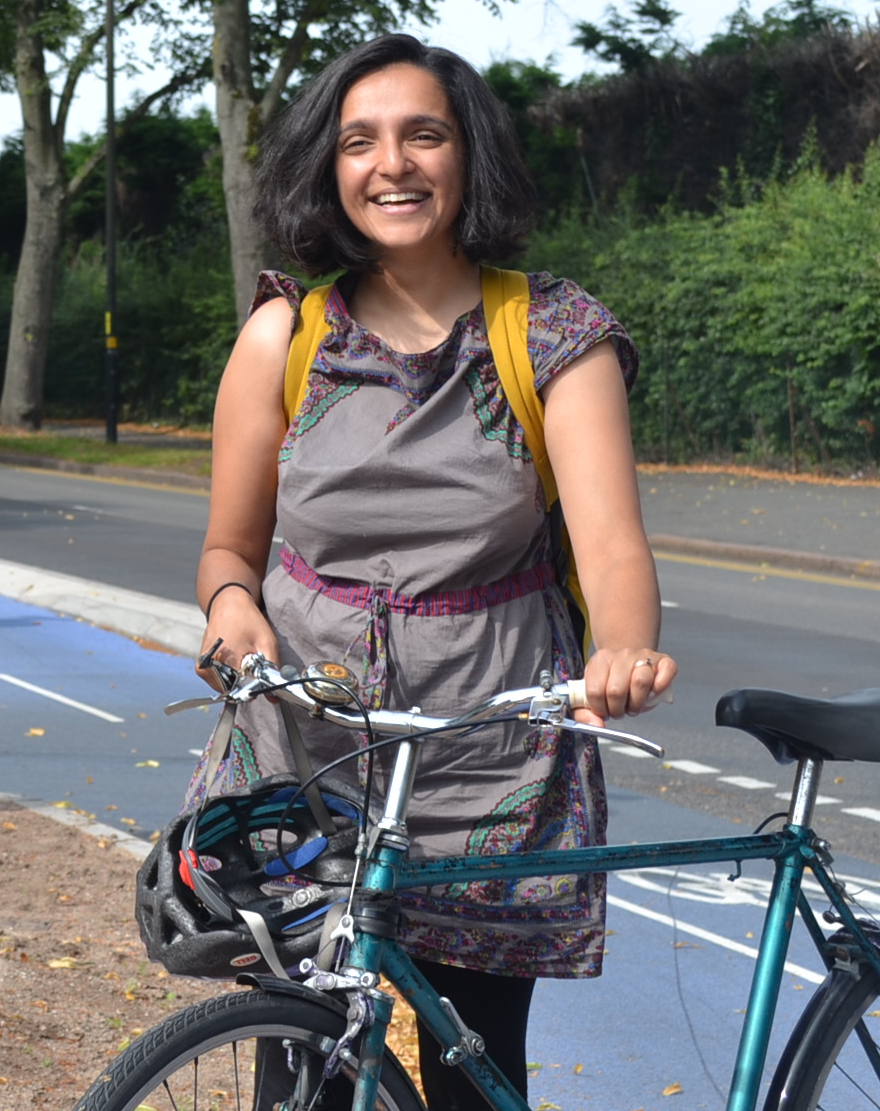Becoming vegan
I became a vegan about 34 – 35 years ago. I’d already been a vegetarian for about 6 years and felt that it was a natural next step. Despite the many contradictions that may exist in the choices I have made I am still taking that step.
35 years ago, it was not easy to be vegan from several perspectives. If you grew your own fruit and veg then it was easier. If you lived in a city and you were reliant on shop bought products, then it was not as easy as it is now. Specialist shops stocked non-dairy milk (mainly chalky tasting soya milks) and soy-based products such as sosmix and TVP (textured vegetable protein) mince or chunks. Organic veg (also usually in these shops) often looked wilted and unappetising unless you got there on the delivery day. It was also not particularly easy to buy things like “vegan friendly” shoes etc
Attitude
As well as that, a lot of vegans I knew then were really sanctimonious, criticising anyone else who was not a vegan, forgetting the steps they had taken on their journey. This can still be the case and unfortunately can raise people’s hackles against what they see as a fad. Many political and environmental activists saw (and still do see) vegans as single issue campaigners. However, this is due to believing that all vegans are animal rights and anti-speciesism campaigners only. For me, veganism is multifaceted in that it approaches a variety of social, political, economic and environmental problems we face currently.
Veganism and Inequality
I saw veganism as a step towards food security for millions of people who faced shortages. I also saw it as a way of overcoming inequalities of distribution. Affluent cultures demand milk and dairy products well beyond their actual needs (even if you accept arguments for eating meat and dairy). Grain and other crops are grown to feed livestock to meet this demand depriving people of food and land as well as resources such as water. Veganism itself is a culture which has developed around trying to exclude all forms of exploitation. This is extended to other species but is also a constant reminder to end all forms of human and environmental exploitation as well.
Environmental benefits
There was a tangible environmental slant to becoming vegan. Even back then it was recognised that animal agricultural processes (for food or fashion) led to pollution of air and water as well as soil degradation and poor resource management and exploitation. Plant agriculture can also have a massive negative environmental impact but there is a false logic behind using that as an argument for not becoming vegan as all it relies on is trying to call vegans hypocrites.
Not everyone has taken the view of vegans as hypocrites though. I have travelled to many different countries and encountered various cultures that have had varying levels of respect or understanding for veganism. Two of the most negative groups in all of those countries and cultures have been political activists, who feel that veganism is a single issue or lifestyle choice that distracts from “the struggle”, and those people who feel that their religious tracts preach the divine sanctioning of killing and exploiting animals (many of those are quite happy to kill and exploit other people as well). However, in most countries where I’ve been able to cater for myself, I have managed reasonably well as long as I’ve been able to buy fruit and vegetables as well as nuts, grains and pulses. In India and Thailand, if I ate out, there was a real understanding of my not wanting particular ingredients in my food whereas in Europe and UK in the early days, there was an attitude of “this is what we eat, get on with it or do without”. Many even suggested “just pick out the ham/chicken etc”. This, I’m happy to say, has changed a lot.
The rise of veganism
It has become much easier to become and remain vegan in its most basic form over the last ten years or so. People working in restaurants, cafes or even pubs don’t look at you if you’re from a different planet if you ask what the ingredients of a meal are. Products that were once the preserve of health food shops now can be seen as a major section on supermarket shelves. However, it doesn’t necessarily mean that the principles of veganism are being maintained or respected. If we accept that veganism is a way of trying to exclude all forms of exploitation, then we have to appreciate that big business has hijacked the term in a very unsophisticated way. They have worked on the assumption that the term plant-based is enough and continue to exploit people and the environment in search of profit.
Corporate veganism
In step with the plant-based revolution, there has been a massive rise in convenience vegan food in the past year. The likes of Subway and Greggs are now offering “real” vegan options.
I don’t have too many problems with the idea of convenience food per se. However, the culture and philosophy that lies behind the likes of KFC, McDonalds and Burger King offering plant-based products is quite offensive. They continue to exploit people and resources at every level of their production and delivery process all in the name of profit. If we look at Greggs and Subway or even many of the products available as meat substitutes in supermarkets or health food shops (both independent and chain) there is still an overreliance on unsustainable products (e.g. the food miles and exploitative farming practices associated with a lot of soy production and palm oil ingredients) and packaging. There is a problem with the rise of interest and demand for plant-based products in that many other issues are conveniently ignored in pursuit of profit. Almond milk production, for example, has a massively negative effect both environmentally and socially due to the huge amount of water needed to produce almonds and the amount of pesticide used in their production.
There are suggestions now that the next step in sustainable food sourcing could be lab grown meat. However, currently this does not interest me. I am more interested in developing sustainable locally based food networks and encouraging more sustainable farming and market gardening practices.
35 years and counting
So, I have presented a web of hazy and incomplete arguments for becoming vegan. This may not be clear for someone considering moving towards more of a vegan lifestyle. I suppose ultimately my advice would be, start your journey any way you can. If it’s for health, animal rights, environmental or whatever reasons, go for it. It is easy to do nowadays. However, if you try to find out more about the broader aspects of veganism over time, then brilliant. Never forget that once you were not a vegan. Don’t become preachy and sanctimonious. It doesn’t necessarily convert people to your ideas and can actually have a negative effect on people’s view of the philosophy as a whole.
So, despite the initial family misgivings all those years ago, the “phase I’m going through” continues and develops and hopefully provides a little inspiration for others to enter the phase.
The featured image is from the University of Oxford
www.ox.ac.uk/news/2018-06-01-new-estimates-environmental-cost-food








